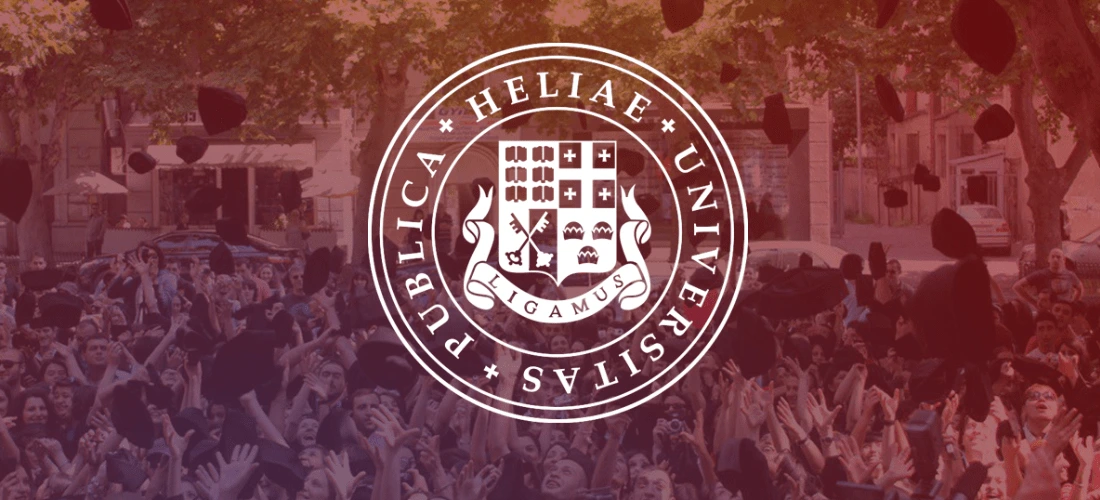- არგუსი
- ელ. ფოსტა
- კონტაქტი


The program integrates medical, psychological, and social elements, based on a bio-psycho-social approach. It provides master’s students with both theoretical and practical-clinical knowledge and skills in the field of contemporary mental health protection.
The program has two tracks: Social Psychiatry and Psychotraumatology.
Social Psychiatry studies the connection between social factors and the development, course, and treatment of mental disorders. The Social Psychiatry track aims to teach the theoretical, conceptual, methodological, and applied aspects of social psychiatry, which ensures an in-depth study of key social issues of mental disorders and the acquisition of skills for working in community psychiatric services that meet contemporary requirements and multidisciplinary management of mental disorders.
Psychotraumatology studies the consequences and impact of various psychotraumatic events – ethnoconflicts and wars, natural disasters, severe loss, violence, and other traumatizing experiences – on the mental health and psychosocial functioning of individuals and groups of people. The Psychotraumatology track aims to develop the master’s students’ skills and knowledge in the field of identification and multidisciplinary management of trauma manifestations regarding the organization of early interventions and the planning and implementation of preventive measures during acute crises and disasters. Additionally, it aims to prepare the master’s student to address current challenges and problems existing in the field of psychotraumatology.
Degree awarded: Master of Arts in Psychotraumatology
Language of instruction: Georgian
Program duration: 120 ECTS credits, 4 semesters
Applicants must have:
Subsequently, applicants must:
During the oral examination, English language knowledge will be assessed through reading a small excerpt of a field-specific text of appropriate difficulty (from DSM-5’s “Case Book”) and conveying it in Georgian.
Within the framework of the program, students must complete the components provided by the program according to the following scheme:
Common mandatory courses in mental health: 30 credits (including clinical case management practice – 6 credits)
Social Psychiatry track: 54 credits
Psychotraumatology track: 54 credits
Free electives: 12 credits
Master’s thesis: 24 credits